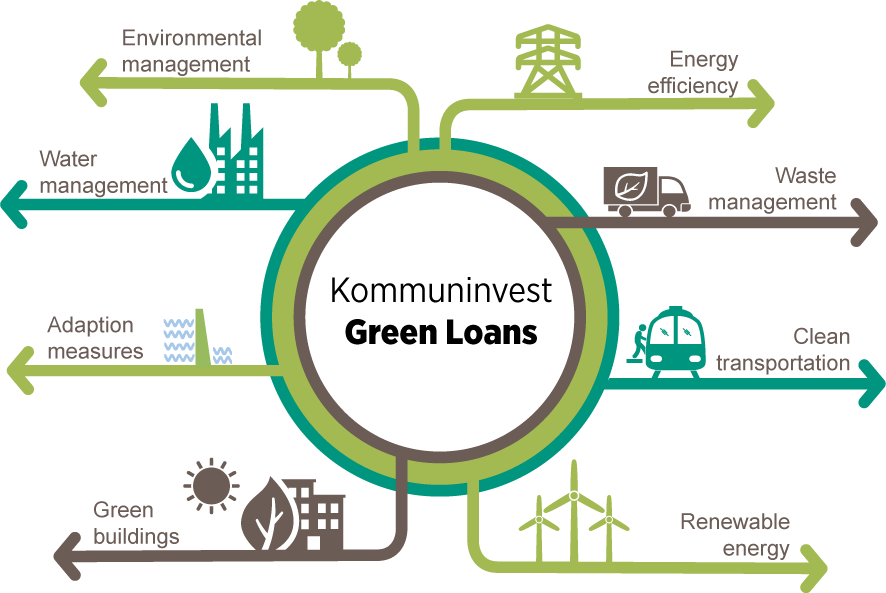
Central Smart Cities (10 Cities)
The implementation at the City level is done by formation of a Special Purpose Vehicle (SPV) under the Companies Act 2013. The State/UT and the ULB are the promoters of the SPV having 50:50 equity shareholding.
Role of the SPV is to plan, appraise, approve, release funds, implement, manage, operate, monitor and evaluate the Smart City development projects. Each Smart City is managed through a SPV which is headed by the Municipal Commissioner who is also appointed as a full time CEO of the SPV and have nominees of Central Government, State Government and ULB on its Board.
The infrastructure projects (such as Smart Roads, Multi-Level Car Parking, Beautification of Open Spaces, Open Gyms, Smart Toilets etc) have been taken up in an existing built-up area of the city, designated as Area Based Development (ABD). These projects are executed as a pilot to demonstrate the concept of Smart City which can then be replicated across the city and to other cities in the future. On the other hand, Smart Solutions (such Integrated Command and Control Centre, Intelligent Traffic Management System, Solid Waste Collection Vehicle Tracking, Air Quality Monitoring, Street Light Automation etc) have been applied to the entire city, called PAN city development.
State Smart Cities (7 Cities)
The State Smart Cities Mission is being directly implemented by respective Nagar Nigam.
The projects in State Smart Cities are being executed on a PAN city level. The projects include Intelligent Traffic Management System, Smart Road, Multi-Level Car Parking, Smart Class, Green Crematorium etc.













